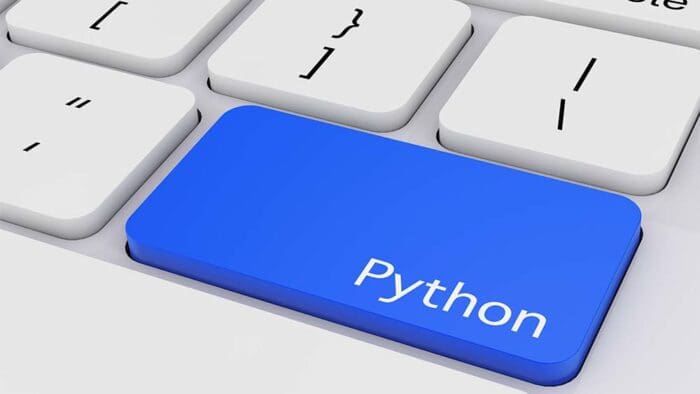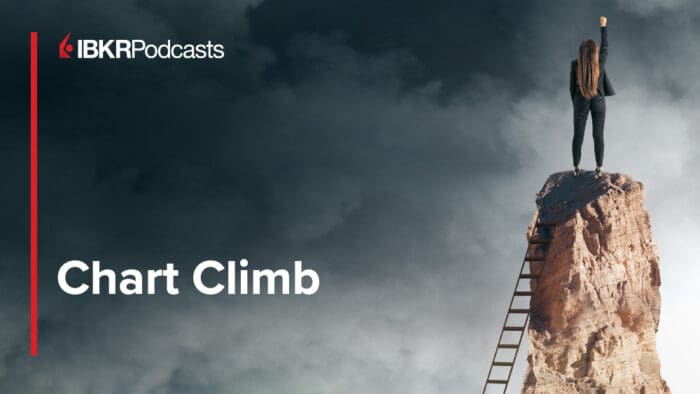The University of Michigan Consumer Sentiment Index has plunged to the lowest level of the year as concerns about inflation, the debt ceiling fiasco and the job market are weighing heavily on Americans’ outlook for the coming months. Today’s reading of 57.7 was the lowest since November, having fallen month-over-month (m/m) from April’s 63.5 level and missing the expected result of 63 by a wide margin.
The index of expectations fell from 60.5 in April to 53.4 this month, weighing the most on the headline. The current index, meanwhile, declined to a lesser degree, dropping from 68.2 to 64.5. Consumers may be learning to live and adapt to longer-term inflation, as inflation expectations over the next five years increased from 3.0% to 3.2% m/m, the highest level since March 2011. Among other concerns, consumers reported anxiety about debt ceiling circumstances in Washington and reduced job opportunities. On an encouraging note, short-term inflation expectations covering the next twelve months fell from 4.6% to 4.5%.
Market Reaction
Markets are reacting negatively to the sentiment data with equity prices moving lower and bond yields higher immediately following the release of the report. The S&P 500 Index erased modest gains of 0.4% and is now down 0.3%, while the interest-rate sensitive Nasdaq Composite Index is leading the charge lower with a 0.5% decline. Bond yields are being led by the short-end, with the 1-month and 2-year Treasury maturity yields up 15 and 7 basis points (bps) to 5.71% and 3.97%, respectively, as the debt-ceiling standoff weighs on the former while inflation data justifying a tighter Federal Reserve (Fed) hamper the latter. Comments from Fed board member Michelle Bowman supporting further policy restraint alongside this morning’s sentiment report are contributing to a stronger dollar, with the Dollar Index up 36 bps to 102.43. Inflation expectations are pushing up the longer-end of the yield curve but to a more tempered degree due to recession fears, with the 10-year Treasury maturity yield gaining 4 bps to 3.48%. Concerns over the possibility of further production cuts from OPEC + alongside possible purchases from the U.S. Strategic Petroleum Reserve (SPR) are providing relief to energy markets this morning, with WTI crude oil up 0.5% to $71.19 a barrel.
Recent earnings, meanwhile, illustrate that while the economy is causing the commercial real estate market to soften, certain higher quality buildings are enjoying increasing occupancy while in other parts of the economy, advertising is weakening.
American Strategic Investment Co., which owns commercial real estate in the five boroughs of New York City, posted a first-quarter net loss attributable to shareholders of $11.8 million compared to the $11.7 million loss in the year-ago quarter. Its year-over-year revenue (y/y) declined from $15.6 million to $15.5 million. On a quarter-over-quarter basis, its property occupancy rate increased from 82.7% to 84% despite softness in the New York commercial real estate market due to many employees still working from home. Additionally, 100% of the company’s debt is fixed rate so it has not been subjected to the significant increases in financing costs that other real estate companies with floating rate debt have experienced.
In another development, News Corp., which owns the Wall Street Journal, the New York Post, Realtor.com and various other publications, posted adjusted earnings per share (EPS) of $0.09 or $50 million, down from an EPS of $0.14 or $82 million in the year-ago quarter but above the consensus expectation of $0.06 per share. Its revenues of $2.45 billion declined 2% from the $2.49 billion in revenues during the first quarter of last year. A challenging housing market resulted in a 13% decline in revenues for the company’s digital real estate segment while currency fluctuations also hurt revenues. Advertising revenue was also weak among technology and financial companies. On a positive note, the Wall Street Journal gained 132,000 digital subscribers during the quarter. The company plans to realize $160 million in annualized savings this year by reducing its head count by 5%.
Focus Turns to Washington
While members of Congress continue emphasizing that there’s no way the government will default on its debt obligations in the coming month, the fixed-income market offers a more sinister perspective. With credit default swaps at their highest levels in history, market players are entering wagers that point to their belief that the current debt-ceiling standoff may be prolonged.
While members of Congress continue emphasizing that there’s no way the government will default on its debt obligations in the coming month, the fixed-income market offers a more sinister perspective. With credit default swaps at their highest levels in history, market players are entering wagers that point to their belief that the current debt-ceiling standoff may be prolonged. While inflation is still running high, the Fed is still tightening, the consumer is weakening and the labor market is slipping, the debt ceiling standoff is exactly what investors don’t need right now. 2011’s debt dispute led to credit downgrades on the U.S. government, an awful reminder of what may come about at a time of economic vulnerability. Prior to these difficulties, my forecast called for a recession in the second half of this year; however, a failure to resolve significant budgetary complications will lead to a much higher degree of economic instability. With bond investors concerned about the debt ceiling and equity investors enjoying the 0DTE party, which apparently offers extensive assortments of delicious cocktails and horderves, volatility is likely to severely impair both markets without Washington resolving the issue.
Visit Traders’ Academy to Learn about Economic Indicators.
Join The Conversation
For specific platform feedback and suggestions, please submit it directly to our team using these instructions.
If you have an account-specific question or concern, please reach out to Client Services.
We encourage you to look through our FAQs before posting. Your question may already be covered!
Leave a Reply
Disclosure: Interactive Brokers Affiliate
Information posted on IBKR Campus that is provided by third-parties does NOT constitute a recommendation that you should contract for the services of that third party. Third-party participants who contribute to IBKR Campus are independent of Interactive Brokers and Interactive Brokers does not make any representations or warranties concerning the services offered, their past or future performance, or the accuracy of the information provided by the third party. Past performance is no guarantee of future results.
This material is from IBKR Macroeconomics, an affiliate of Interactive Brokers LLC, and is being posted with its permission. The views expressed in this material are solely those of the author and/or IBKR Macroeconomics and Interactive Brokers is not endorsing or recommending any investment or trading discussed in the material. This material is not and should not be construed as an offer to buy or sell any security. It should not be construed as research or investment advice or a recommendation to buy, sell or hold any security or commodity. This material does not and is not intended to take into account the particular financial conditions, investment objectives or requirements of individual customers. Before acting on this material, you should consider whether it is suitable for your particular circumstances and, as necessary, seek professional advice.



















My comment is in the form of a question.
With the US government taking in about 400 billion a month and the national debt service Interest on the debt) at about 40 billion a month; where’s the default?